The role played by alternative splicing in antigenic variability
Por um escritor misterioso
Last updated 12 abril 2025
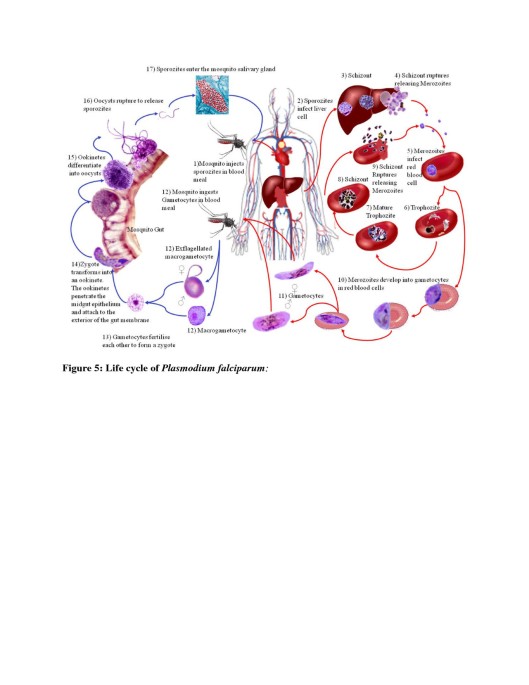
Endo-parasites that affect humans include Plasmodium, the causative agent of malaria, which remains one of the leading causes of death in human beings. Despite decades of research, vaccines to this and other endo-parasites remain elusive. This is in part due to the hyper-variability of the parasites surface proteins. Generally these surface proteins are encoded by a large family of genes, with only one being dominantly expressed at certain life stages. Another layer of complexity can be introduced through the alternative splicing of these surface proteins. The resulting isoforms may differ from each other with regard to cell localisation, substrate affinities and functions. They may even differ in structure to the extent that they are no longer recognised by the host’s immune system. In many cases this leads to changes in the N terminus of these proteins. The geographical localisation of endo-parasitic infections around the tropics and the highest incidences of HIV-1 infection in the same areas, adds a further layer of complexity as parasitic infections affect the host immune system resulting in higher HIV infection rates, faster disease progression, and an increase in the severity of infections and complications in HIV diagnosis. This review discusses some examples of parasite surface proteins that are alternatively spliced in trypanosomes, Plasmodium and the parasitic worm Schistosoma as well as what role alternate splicing may play in the interaction between HIV and these endo-parasites.
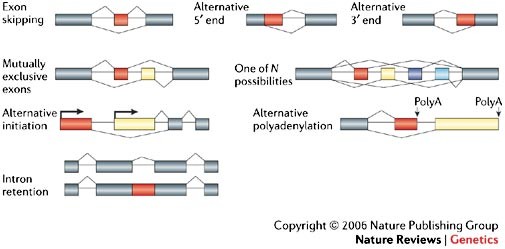
Alternative splicing and RNA selection pressure — evolutionary consequences for eukaryotic genomes
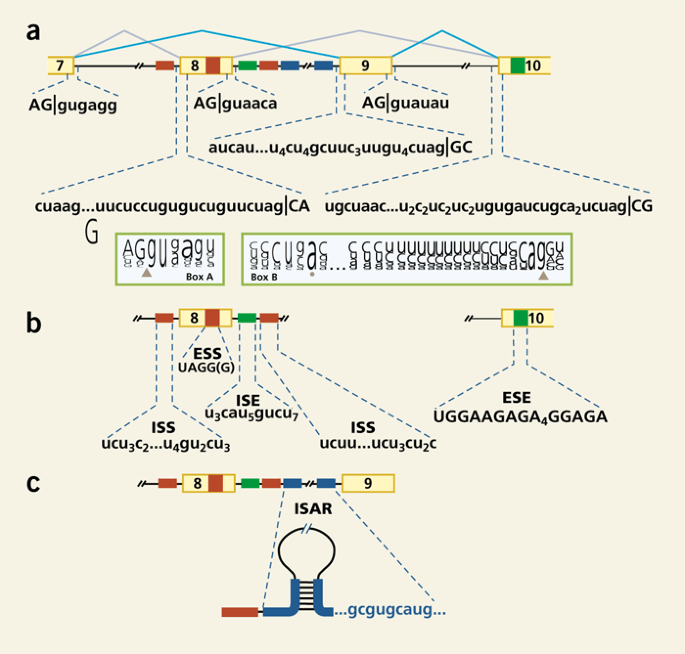
Alternative splicing in disease and therapy
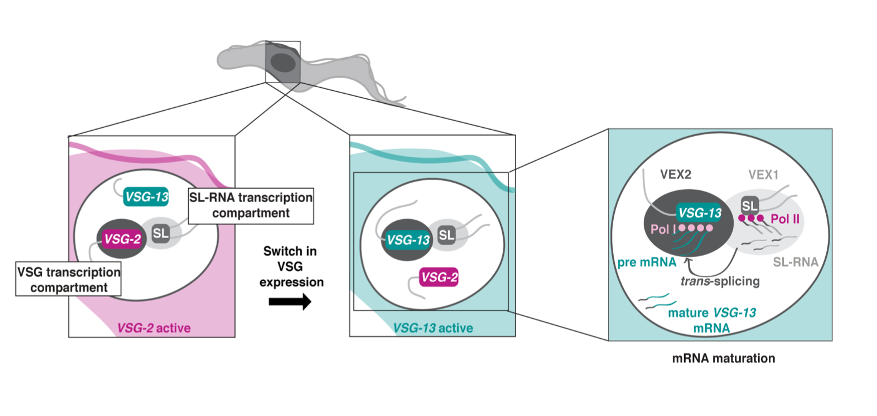
Antigenic variation by switching inter-chromosomal interactions with an RNA splicing locus in trypanosomes - preLights

Alternative splicing of apoptosis genes promotes human T cell survival

The relevance of alternative RNA splicing to pharmacogenomics: Trends in Biotechnology

Temporal Modulation of Differential Alternative Splicing in HaCaT Human Keratinocyte Cell Line Chronically Exposed to Arsenic for up to 28 Wk, Environmental Health Perspectives
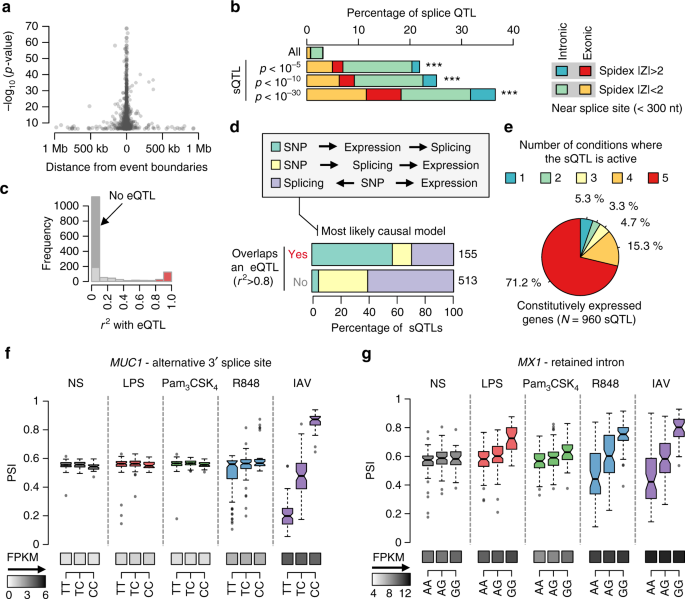
Defining the genetic and evolutionary architecture of alternative splicing in response to infection

Regulation of alternative splicing: Functional interplay with epigenetic modifications and its implication to cancer - Wang - WIREs RNA - Wiley Online Library
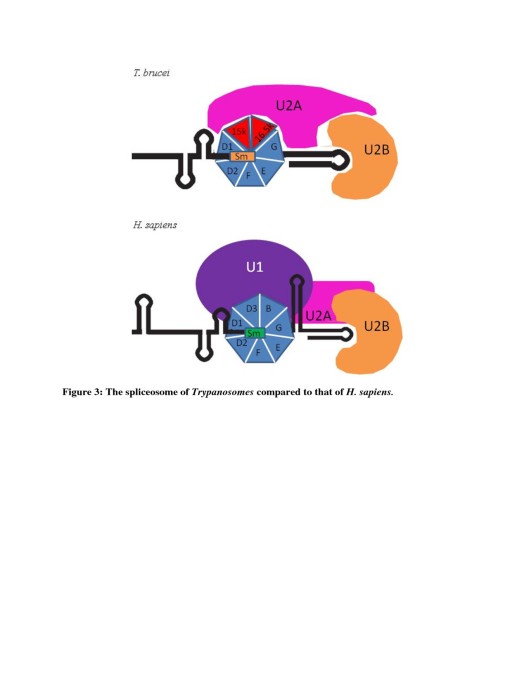
The role played by alternative splicing in antigenic variability in human endo-parasites, Parasites & Vectors

Nuclear splicing and RNA processing

PDF) The role played by alternative splicing in antigenic variability in human endo-parasites
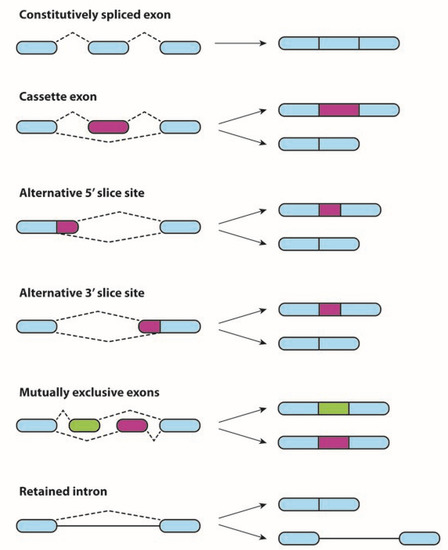
Genes, Free Full-Text
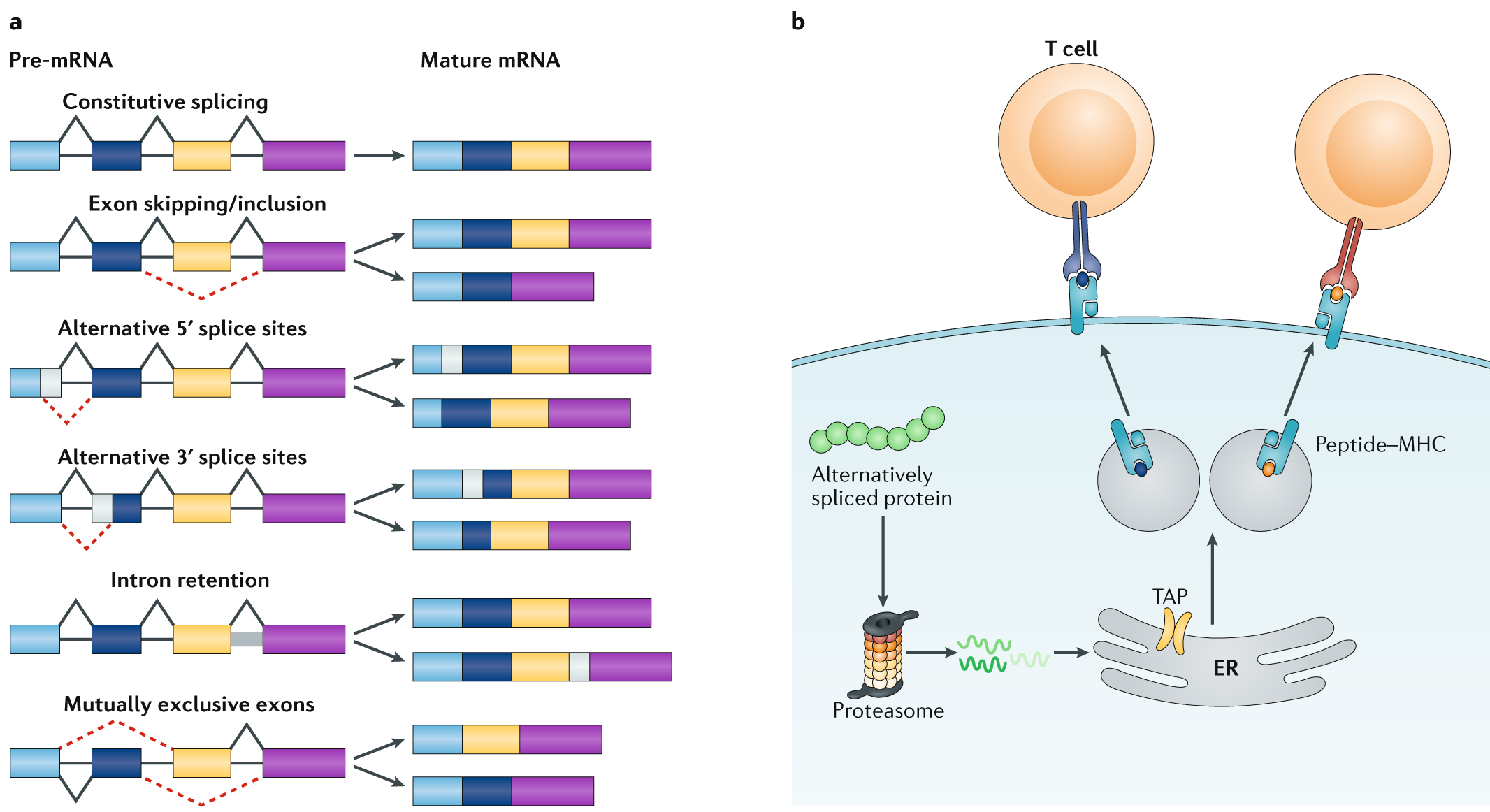
Alternative mRNA splicing in cancer immunotherapy
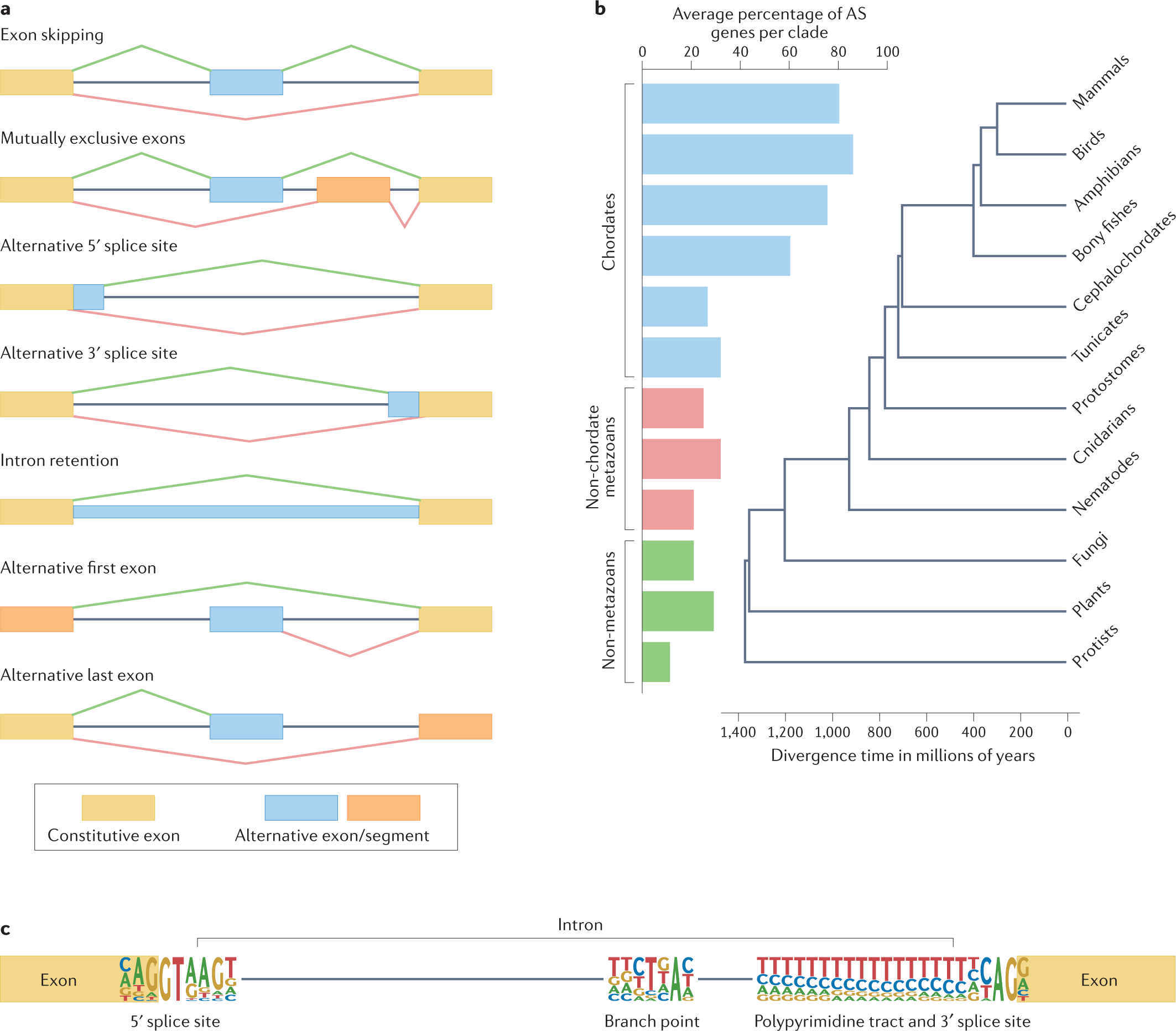
Alternative splicing as a source of phenotypic diversity
Recomendado para você
-
 when the Neeko sup has the most dmg : r/neekomains12 abril 2025
when the Neeko sup has the most dmg : r/neekomains12 abril 2025 -
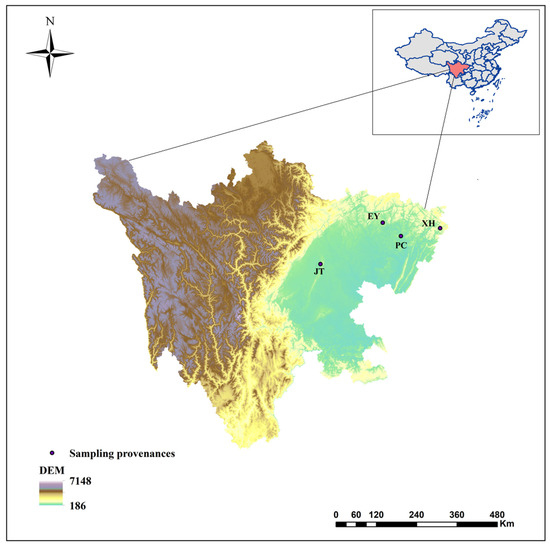 Plants, Free Full-Text12 abril 2025
Plants, Free Full-Text12 abril 2025 -
 UTG 3-12X44 30mm Compact Scope w/ AO/ 36-color Glass Mil-dot12 abril 2025
UTG 3-12X44 30mm Compact Scope w/ AO/ 36-color Glass Mil-dot12 abril 2025 -
 WAI'ANAE SUSTAINABLE COMMUNITIES PLAN12 abril 2025
WAI'ANAE SUSTAINABLE COMMUNITIES PLAN12 abril 2025 -
 MEV Army - Collection12 abril 2025
MEV Army - Collection12 abril 2025 -
 30.59% OFF on B2S ANITECH เครื่องบดสับอเนกประสงค์ รุ่น SCP300 สีดำ12 abril 2025
30.59% OFF on B2S ANITECH เครื่องบดสับอเนกประสงค์ รุ่น SCP300 สีดำ12 abril 2025 -
 Music in the Mills Festival - Enjoy Jefferson County Wisconsin Tourism12 abril 2025
Music in the Mills Festival - Enjoy Jefferson County Wisconsin Tourism12 abril 2025 -
 Home - Berrie Center for Performing and Visual Arts12 abril 2025
Home - Berrie Center for Performing and Visual Arts12 abril 2025 -
![SCP-7148 Land of Milk and Honey Keter [SCP Document Reading]](https://i.ytimg.com/vi/M3M6b7r1uEA/maxresdefault.jpg) SCP-7148 Land of Milk and Honey Keter [SCP Document Reading]12 abril 2025
SCP-7148 Land of Milk and Honey Keter [SCP Document Reading]12 abril 2025 -
 UpBright 30V AC/DC Adapter Compatible with XBlue Networks X16 X16VSS X16VSS XB1670 1610-00 1670-00 1670-86 XB-1670 XB1670-92 XB1670-76 XB2022 XB-2022 Server IP Phone 30VDC Power Supply Battery Charger : Electronics12 abril 2025
UpBright 30V AC/DC Adapter Compatible with XBlue Networks X16 X16VSS X16VSS XB1670 1610-00 1670-00 1670-86 XB-1670 XB1670-92 XB1670-76 XB2022 XB-2022 Server IP Phone 30VDC Power Supply Battery Charger : Electronics12 abril 2025
você pode gostar
-
 O Último Xeque-Mate12 abril 2025
O Último Xeque-Mate12 abril 2025 -
 The Ruy Lopez Main Line12 abril 2025
The Ruy Lopez Main Line12 abril 2025 -
 Kax on X: old art i've made about Sonic.exe and Dead Tails, i got inspired by the Tails design from the unreleased version of the Exe mod in SRB2, it's a really12 abril 2025
Kax on X: old art i've made about Sonic.exe and Dead Tails, i got inspired by the Tails design from the unreleased version of the Exe mod in SRB2, it's a really12 abril 2025 -
 Breaking news! The Chess Capital of India - Chennai will host the12 abril 2025
Breaking news! The Chess Capital of India - Chennai will host the12 abril 2025 -
 CapCut_passageiros descem do onibus para bater civic12 abril 2025
CapCut_passageiros descem do onibus para bater civic12 abril 2025 -
10 Caixas Milk Personalizada - Tema Bob Esponja - Lembrancinha Infantil - Mesversario12 abril 2025
-
 e! its never gojover on X: Dio Brando icons ⭑ / X12 abril 2025
e! its never gojover on X: Dio Brando icons ⭑ / X12 abril 2025 -
 Custom Nissan 240SX Wins Hot Wheels Legends Miami12 abril 2025
Custom Nissan 240SX Wins Hot Wheels Legends Miami12 abril 2025 -
 ModDB on X: Download the submod that revisits the Mount & Blade12 abril 2025
ModDB on X: Download the submod that revisits the Mount & Blade12 abril 2025 -
Wifi Password Hacker Prank for Android - Download the APK from12 abril 2025

